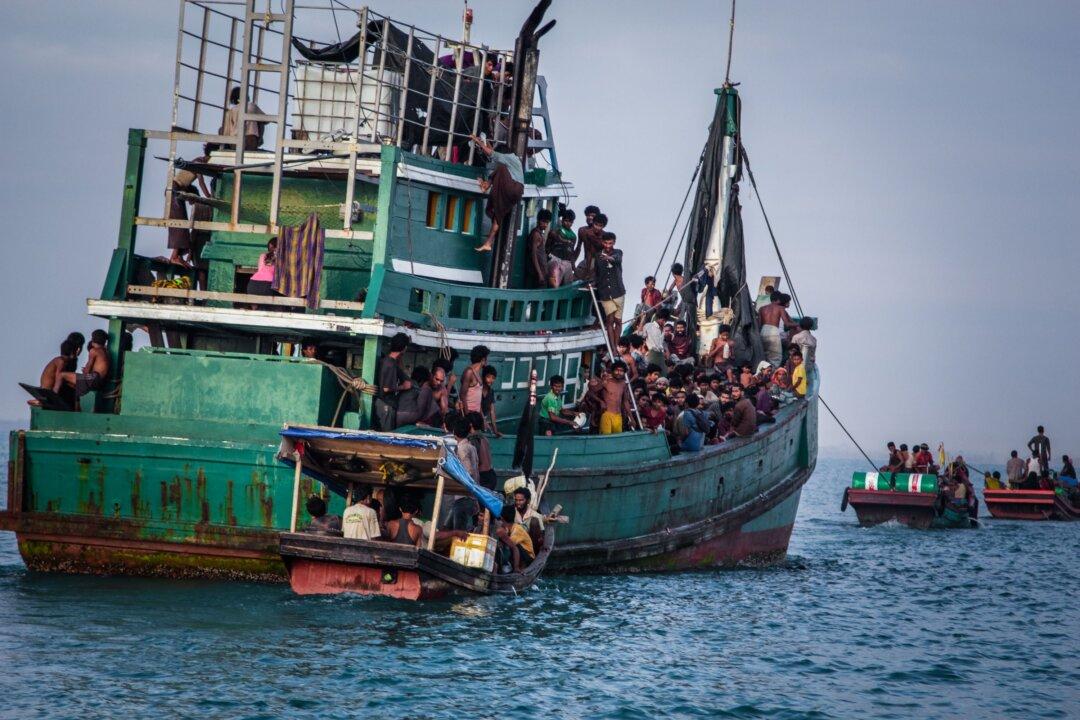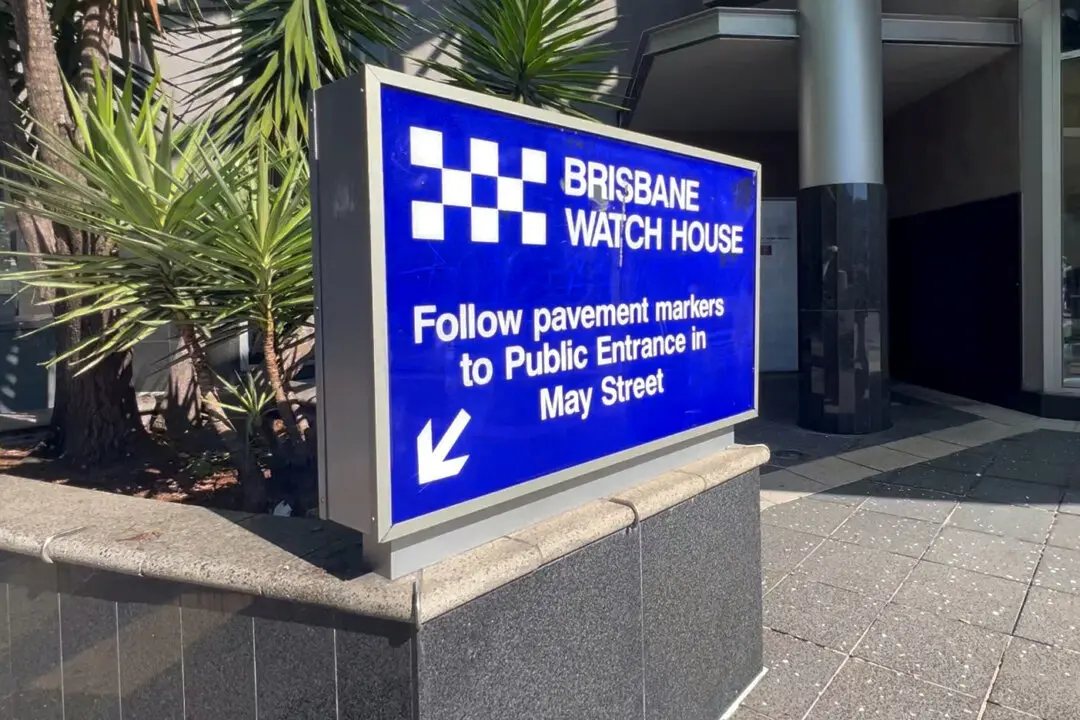A world-first study has been launched in New South Wales to explore how the labour needs of regional Australia could be met by a skilled refugee workforce.
Led by the University of New South Wales’ (UNSW) Kaldor Centre for International Refugee Law and UNSW Business School, the project is a collaboration with the Australian National University (ANU), global NGO Talent Beyond Boundaries (TBB), and the thinktank, Regional Australia Institute (RAI).





